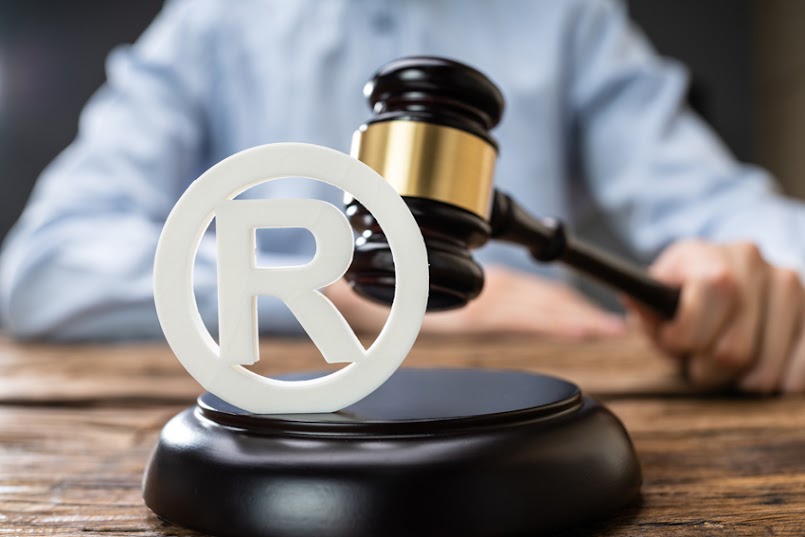What is Entertainment Law?
What is Entertainment Law?
The entertainment industry produces 6.9 percent of the GDP of the United States each year. Approximately two million people work within the industry. Entertainment law protects the intellectual property of everyone involved in producing the works within this field. Creative works have copyrights and trademarks because of the vulnerability of the products.
Every creator must defend their property to protect their livelihood. Corporations within the industry invest millions in projects that hackers, black market dealers, and competing organizations may attempt to use without approval. Media piracy laws protect intellectual property owners, and entertainment law firms work to enforce the protection.
Entities Protected by Entertainment Law
Pirated movies, songs downloaded without payment, plagiarized music or books are not all that entertainment law addresses. Entertainment lawsuits may arise when someone contributing a snippet of music for a movie, commercial, or corporate film does not receive credit and payment for their effort.
Advertising slogans, video game productions, and theater performances may also have issues. Anyone who contributes to the creative process of a media product may need protection from the legal system for their part in any endeavor. The entities may include an individual, a duo, a group, or a corporation. Agreements may also take place between two or more corporate entities.
Artists, like musicians, actors, or singers, may need a lawyer to protect their image and work. A lawyer can ensure the individual receives payment for their scheduled appearances and the use of their name or image in advertisements. An entertainment law firm can also work with an entertainer to stop others from using their image without permission.
Protections Offered by Entertainment Attorneys
Entertainment lawyers work with many clients before projects begin. They engage in contract negotiations, prepare contracts, and assist their clients in understanding their rights. Clients invested in large productions also meet with attorneys beforehand. They may need advice on child labor laws or international copyright laws to avoid mistakes that could cause delays or fines. The attorneys trained in this law understand the regulations for multiple media forms like music, movies, television, publishing, advertising, and digital media.
Law firms also help their clients when someone abuses creator rights. They help when someone steals intellectual property, fails to follow the guidelines of a contract, or uses protected material without permission or payment. The law firm can contact the offending party for correction or represent their client in court to obtain the compensation they deserve.
Types of Entertainment Law Representation
Entertainment lawyers may work with clients on an as-needed basis, or they may remain on a retainer. Retainers enable clients to have instant representation as needed. In addition, many law firms offer different lawyers to their clients based on their legal needs. For example, an entertainment lawyer may study a specific type of media, like video production or music, and may focus on either transactional or litigation law in the entertainment industry.
Everyone frequently working within the entertainment industry needs the guidance of a lawyer. Of course, not all clients will need a lawyer with experience in litigation and transactional categories. Still, all creators should understand what these lawyers can manage so they know who to contact if problems arise.
- Transactional Law: Many creators or corporations hire entertainment lawyers to help them prepare, understand, or negotiate contracts. Some may need a lawyer to ensure they have the correct licenses and rights to use intellectual property. Transactional or business lawyers perform these tasks. The lawyers involved with these matters can also work with clients to help them understand their rights and responsibilities as they advance through the industry. The attorneys engaged in transactional work meet with clients as they plan a new project or expand their business. The meetings give the client a better understanding of how to proceed with every project.
- Litigation Law: Litigators become necessary when the entities involved do not follow contracts or if someone uses intellectual property without permission. The attorneys that provide this protection can represent their clients in court or arrange settlements with the offenders. The litigation concerns can include incorrect or absent royalty payments, trademark and copyright infringements, a breach of contract, and much more. Litigation for these matters is not only about money. The United States copyright and trademark laws have severe consequences, including prison time for some offenders.
Meeting with an entertainment law firm before beginning any negotiation or signing an agreement enables individuals to protect their rights. It also helps them avoid making the mistake of not following entertainment laws as needed. The theft of intellectual property can bankrupt corporations and individuals. The film and television industry loses an estimated $29 billion annually from digital theft (uncompensated downloads). Anyone involved in the entertainment industry must do all they can to protect their rights.
Francelina M. Perdomo Klukosky of Perdomo Law is a Manhattan-based entertainment law firm. Learn more by visiting her website at PerdomoLaw.com.



Comments
Post a Comment